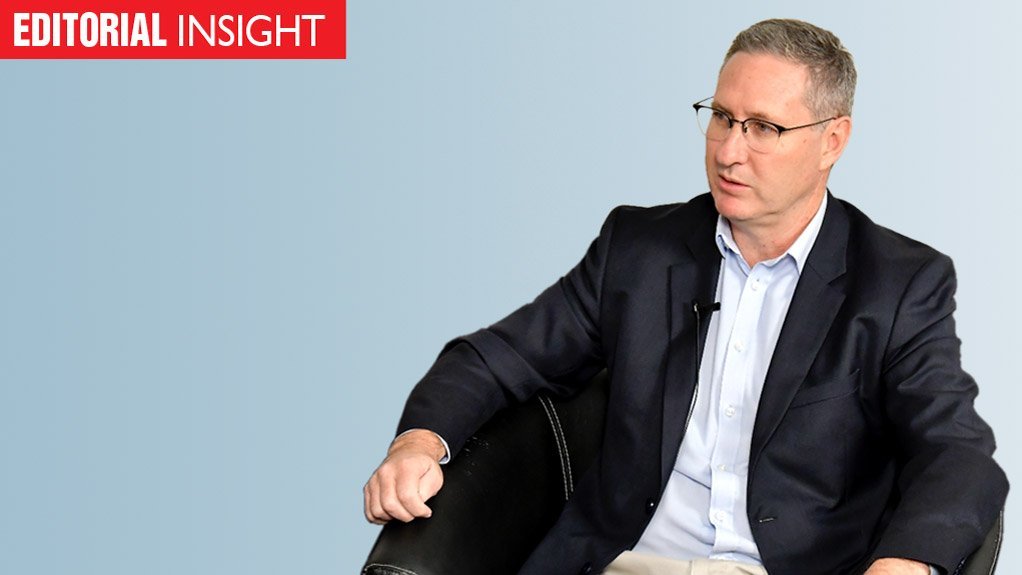Hidden among data-rich economic commentary and an array of analytical figures and tables, the World Bank’s most recent South Africa Economic Update includes an uplifting personal story about Davy Tsopo and his recent journey from ‘cleaner to cake maker’.
Tsopo lost his job as a cleaner at a Johannesburg restaurant during South Africa’s first strict Covid lockdown in March last year. His first child was a month old, his wife on maternity leave, and in an interview with the bank’s staff he acknowledged that he had no idea how he would feed his family or pay his rent.
A sympathetic friend shared a WiFi password, which Tsopo used to watch videos and listen to podcasts on baking. He started baking muffins, which he advertised on Instagram and later received an order from a former work colleague for a cake, an image of which she then posted on her Instagram account with a request for support and a tag back to Tsopo’s account. Requests came in from South Africans overseas, who wanted to send cakes to relatives back home.
Tsopo continued to hone his skills and when his wife returned to work, he stayed at home with their son and baked cakes in the evenings, winning competitions for his efforts, one of which earned him a year’s supply of cake ingredients.
A year later, the reports states, Tsopo was earning more than double his previous salary, and he no longer needed to work regular shifts of over 12 hours, seven days a week. He also escaped the fate of many South Africans in 2020, when 1.5-million people lost their jobs.
The bank’s core message, vividly illustrated by Tsopo’s story, is the under-exploited potential of self-employment, which for a variety of historical and regulatory reasons is more constrained in South Africa than it is in other upper-middle-income countries.
Self-employment in South Africa, the report states, represents only 10% of all jobs, as against 30% in economies such as Turkey, Mexico and Brazil. The bank shows that, if South Africa were to match the self-employment rate of its peers, it could potentially halve its unemployment rate and increase the number of workers by about 3.5-million.
This message, should it sink in, is potentially game changing, particularly in a context where the official unemployment rate is 33% and where there are 17-million South Africans who are not playing an active part in the labour market.
The bank, which describes self-employment as “South Africa’s biggest opportunity to create jobs”, offers two suggestions for raising the level of self-employment. Firstly, but controversially, it argues that the country could relax licensing and registration requirements, strict policing, zoning laws and industry-specific protections. Secondly, South Africa could facilitate entrepreneurial training, as well as contests and lotteries for start-up grants.
To truly up our game in this area, however, will also require vastly improved educational outcomes, as well as the provision of more vocational training options at secondary school level.
EMAIL THIS ARTICLE SAVE THIS ARTICLE ARTICLE ENQUIRY
To subscribe email subscriptions@creamermedia.co.za or click here
To advertise email advertising@creamermedia.co.za or click here











